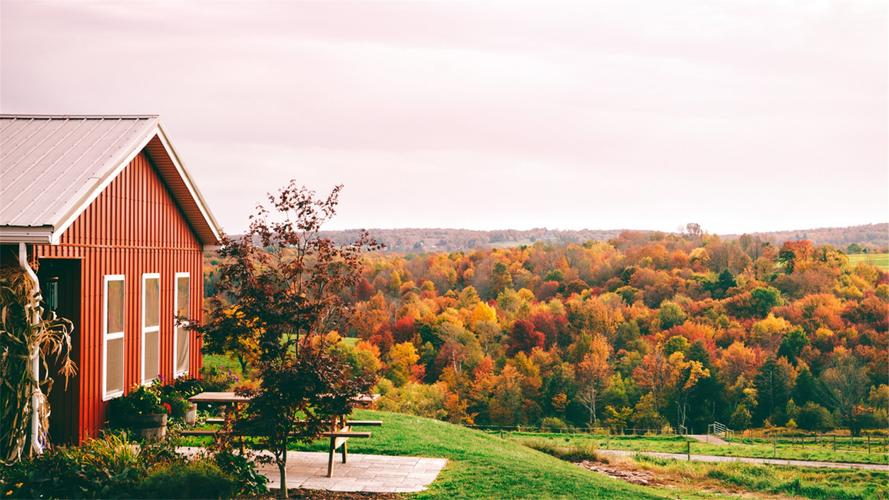Bolivia is a fascinating country in South America that offers a rich cultural experience. Home to diverse indigenous groups, Bolivia’s cultural traditions are diverse and unique, expressed through festivals, music, and dance. In this article, we will explore the vibrant Bolivian cultural traditions and how they are celebrated during special occasions.
Festivals are an integral part of Bolivian culture, and they take place throughout the year. One notable celebration is the Carnaval de Oruro, which is held in Oruro every February. This carnival is recognized by UNESCO as a Masterpiece of the Oral and Intangible Cultural Heritage of Humanity and is a spectacular showcase of Bolivian music, dance, and costume. Local groups of musicians and dancers, dressed in elaborate costumes, parade through the streets, showcasing their skills and performing traditional dances such as Caporales, Tinku, and Diablada.
Another festival that is celebrated in Bolivia is Toquilla, which is famous among indigenous communities in the northwest region of the country. During this festival, locals showcase their traditional clothing and dance while also displaying their customs, such as the making of chicha, a fermented corn drink. The aim of these festivals is to celebrate culture and promote community building.
Apart from festivals, Bolivian music and dance are equally important components of the country’s cultural heritage. One example of Bolivian music is the Andean music which combines indigenous and Spanish influences to create a unique sound. The charango, a small string guitar made from an armadillo shell, is the primary instrument used in Andean music, and it creates an enchanting melody, while the panpipes add depth to the sound.
Dance is also a crucial aspect of Bolivian culture, and there are many different styles of traditional dances that showcase the country’s rich heritage. The Saya, for instance, is a dance that originated in the Afro-Bolivian community and features upbeat rhythms and vibrant movements. Another dance is the Cueca, which is a national dance that is performed during patriotic parades, festivals, and holidays. It features romantic gestures and high-energy footwork and is usually accompanied by a small guitar-like instrument called a charango.
In conclusion, Bolivia is a country with a diverse range of cultural traditions. Festivals, music, and dance play a crucial role in celebrating and preserving the country’s rich heritage. Bolivians are proud of their customs and traditions, and they continue to pass them down from generation to generation. By taking part in these cultural experiences, visitors can gain a better understanding and appreciation of Bolivian culture.
(Note: Do you have knowledge or insights to share? Unlock new opportunities and expand your reach by joining our authors team. Click Registration to join us and share your expertise with our readers.)
Speech tips:
Please note that any statements involving politics will not be approved.
